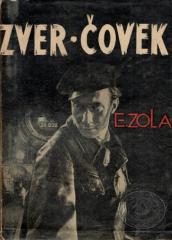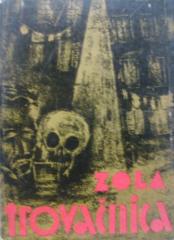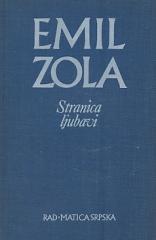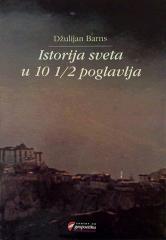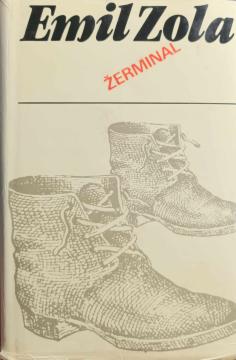
Žerminal
Emil Zola je u svom najboljem delu Žerminalu realistično opisao nehumane uslove života i rada rudara u severnoj Francuskoj 60-ih godina 19. veka.
Žerminal je roman objavljen 1885. godine, jedan od najvažnijih u Zolinom ciklusu „Rugon-Makar“. Glavni lik, Etjen Lantije, mladi radnik koji je zbog svoje nagle prirode ostao bez posla, dolazi u rudarsko selo Montsou i dobija posao u rudniku Vore. Tamo je svedok brutalnih uslova rada, nepravde i bede koja muči rudarske porodice. Etjen postaje sve politički svesniji, prihvata socijalističke ideje i organizuje štrajk u nastojanju da radnicima obezbedi bolje uslove i plate.
Štrajk, u početku pun nade, ubrzo se pretvara u borbu za puki opstanak. Vlada i rudarski poslodavci brutalno suzbijaju pobunu, a štrajkači i njihove porodice trpe glad i smrt. Rudnik postaje simbol nemilosrdne sile koja melje radnike. Uprkos porazu, roman se završava simboličnom nadom: Germinal – mesec u kalendaru francuske revolucije koji obeležava buđenje prirode – sugeriše da će, poput proleća, radnički otpor jednog dana ponovo procvetati.
Zola u „Žerminalu” majstorski kombinuje naturalistički prikaz bede sa snažnom emocijom i društvenim angažmanom. Delo ostaje jedan od najsnažnijih prikaza društvene nepravde u književnosti.
Angeboten wird ein Exemplar
- Spuren von Patina
